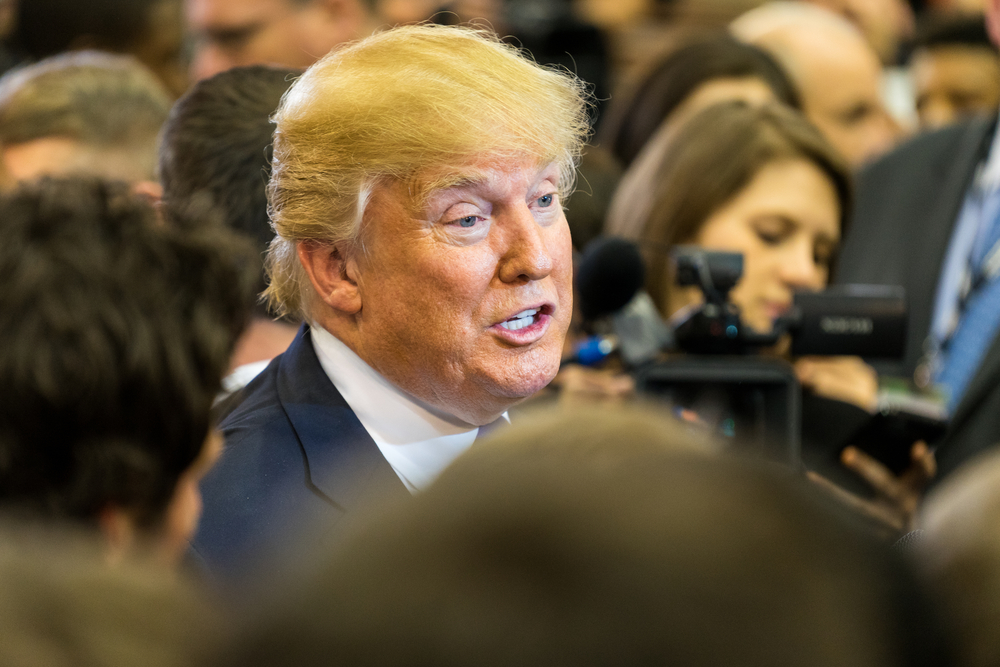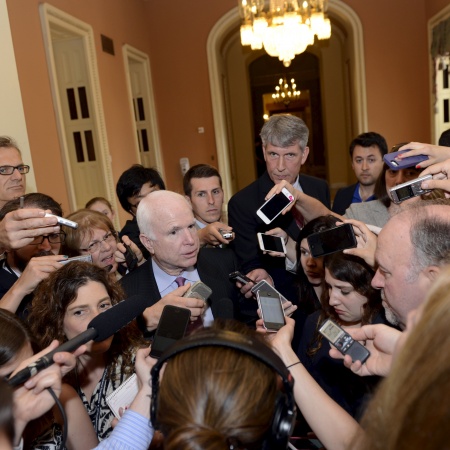Looking for a Better Way
By Bob Wood, MMNS
Given the miserable state of the world’s economies and stock markets, discussions are rampant about the future of our own economic system and the changes required to assure never again having to dig our way out of such a big hole. The debate goes on, while many warn about the danger of too much change. Yet how could any situation be worse than what we see now?
The textbook definition identifies Economics as the study and management of the production, distribution and consumption of goods and services for determining ways to raise living standards for the majority of people in a particular area. We are left wondering today how long it will be before we see better living conditions in the U.S., at least better than those we had a decade or so ago. Many options are on the table.
We are now enduring the worst bear market for stocks since the early 1930s. This bear cycle has been so destructive that more than half of all gains made by the Dow Jones Industrial Average since 1900 have vanished. In direct opposition to the ‘’stocks for the long run’’ nonsense we’ve heard, high quality bonds clearly have outperformed the domestic stock market for the past 30 years.
Of course, data also show that most investors do not match or beat market averages over time, so we can credibly argue that investors have been ill served by their involvement in stocks for the past century. Today’s value for the Dow, the average annual compound gain for stocks as seen in that index, is just under 4.5%. Considering that these are “risky†assets, does 4.5% seem like a fair return to you?
Maybe the root of this problem, aside from inherent Wall Street corruption, lies in never-ending gyrations in our economy. We seem to be trapped in a cycle of boom, bust, stagnation, recovery — and then another return to boom times. This, we are told, is a natural cycle and a good one in the long run. But how many of us believe our children will fare better than our generation has?
Our children and grandchildren will be burdened with massive debt loads, and no one today can imagine how they will manage them. For the past few years, I’ve said repeatedly that our version of capitalism looks good only because of our massive overspending, which keeps the cycle going. Can you imagine where our economy would be without the well over $20 trillion in government and personal debt loads accumulated to support this past spending?
Does a better way exist than clinging to past methods that clearly do not work — or work only for a few of us? That question brings us back to the debate about changing our economic system, and whether ‘’wealth redistribution’’ (or ‘’fairness,’’ as it should be called), should be a large part of it.
Of course, a more equitable distribution of the wealth and incomes in this country would hurt most those that currently fare best from the concentration of wealth. And this is where some, including me, assign partial blame for the current mess we face. The last time the U.S. matched today’s glaring disparity of wealth was in the 1920s, and we know how that worked out!
But the rich protest that trying to influence a fairer outcome for all will do more harm than good, as they throw out labels like ‘’class warfare,’’ Socialism or Communism to convince enough of us that getting a bigger slice of the pie would really be bad for the masses! Sure, you’ll get more, but that will hurt you in the end, is how they’ll put it. And, of course, just enough of us do, indeed, believe it, which continues to benefit the richest among us.
Oddly enough, though, none have been harmed more than the rich in this current recession and bear market. Those holding 40% of all the country’s financial assets have, logically, suffered that same portion of the losses. Shouldn’t even the top 1% be looking for a better way?
Yet calls for more evenhandedness, higher wages and fairer taxation bring howls of protest from the rich and their minions at so-called think tanks like the Heritage Foundation, the Cato Institute and, of course, “right wingnuts†on CNBC. Socialism always ends in tears, they say, and remember how planned systems collapsed in places like Russia!
Admittedly, without proper incentives for work and achievement, any system is bound for trouble. But surely a better way exists, perhaps blending the best that capitalism and Socialism have to offer. For example, look north to Canada. Are we better off than our neighbor with its higher taxes, government budget surpluses, national health care plan and concern for fairness? Surely, we are not!
A recent edition of the Financial Times (FT) ran an opinion piece written by Luiz Inacio Lula da Silva, president of Brazil. You may remember that, upon his taking power, U.S. investors were warned to stay away from the Brazilian market, where Socialists had taken control.
Yet since 2002, the Brazilian stock market has strongly outperformed our domestic market. That’s a real shocker, isn’t it? And does anyone deny the irony when the U.S. goes begging for money, hat in hand, to Communists in China or dictators in Saudi Arabia?
A brief portion of Lula’s comments may help shed some light on what may be a “better way†for all of us. He says it better than I ever could:
“When I arrived in the presidency, I found myself faced not only by serious structural problems but, above all, by an inheritance of ingrained inequalities. Most of our governors, even those that enacted reforms in the past, had governed for the few. They concerned themselves with a Brazil in which only a third of the population mattered.
“The situation I inherited was one not only of material difficulties but also of deep-rooted prejudices that threatened to paralyze our government and lead us into stagnation. We could not grow, it was said, without threatening economic stability – much less grow and distribute wealth. We would have to choose between the internal market and the external. Either we accepted the unforgiving imperatives of the globalised economy or we would be condemned to fatal isolation.
“Over the past six years, we have destroyed those myths. We have grown and enjoyed economic stability. Our growth has been accompanied by the inclusion of tens of millions of Brazilian people in the consumer market. We have distributed wealth to more than 40 million people who lived below the poverty line. We have ensured that the national minimum wage has risen always above the rate of inflation. We have democratized access to credit. We have created more than 10 million jobs. We have pushed forward with land reform. The expansion of our domestic market has not happened at the expense of exports – they have tripled in six years. We have attracted enormous volumes of foreign investment with no loss of sovereignty.
“All this has enabled us to accumulate $207 billion in foreign reserves and thereby protect ourselves from the worst effects of a financial crisis that, born at the centre of capitalism, threatens the entire structure of the global economy.’’
Yes, Lula was warned about adhering to so-called Socialistic economic policies, and now he seems glad that he did! What he really sought was a more equitable distribution of the nation’s wealth, more proper valuation for the contribution of labor and its vital role in wealth creation and a more viable middle class.
Aside from problems with fairness in income and wealth distribution, Lula surely heard warnings against ‘’protectionism’’ and pleas to open markets to imports, as better ways. Those who use the term “protectionism†derisively choose not to explain exactly what is protected under such measures, such as jobs and productive enterprise in the home market. Economist, educator and author Ravi Batra has written that U.S. growth was strongest when preference was given to protecting domestic industry and jobs.
Another timely opinion piece in the FT comes from Richard Layard, or ‘’Lord Layard,’’ as he is known at the London School for Economic Performance. He cites Scandinavian countries in Northern Europe as having the ‘’greatest levels of trust and happiness of any countries in the world.’’ That, he says, is the true goal of economic study. He concludes his article with these comments:
“We do not want Communism – as research shows, the communist countries were the least happy in the world and also inefficient. But we do need a more humane brand of capitalism, based not only on better regulation but on better values.
“Values matter and they are affected by our theories. We do not need a society based on Darwinian competition between individuals. Beyond subsistence, the best experience any society can provide is the feeling that other people are on your side. This is the kind of capitalism we want.â€
That kind of change sounds logical to me. Let’s hope our leaders show courage in standing up to the biggest of the special interests and their lobbyists and forge ahead with a better economic system than the current one, where we are so prone to the failures and inequities we are now enduring.
Have a great week.
Bob
Bob Wood ChFC, CLU Yusuf Kadiwala. Registered Investment Advisors, KMA, Inc., invest@muslimobserver.com.
11-13















2009
763 views
views
0
comments